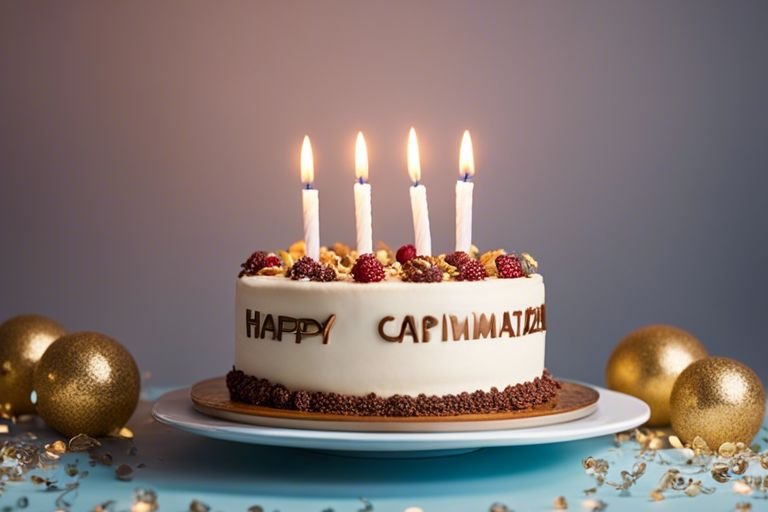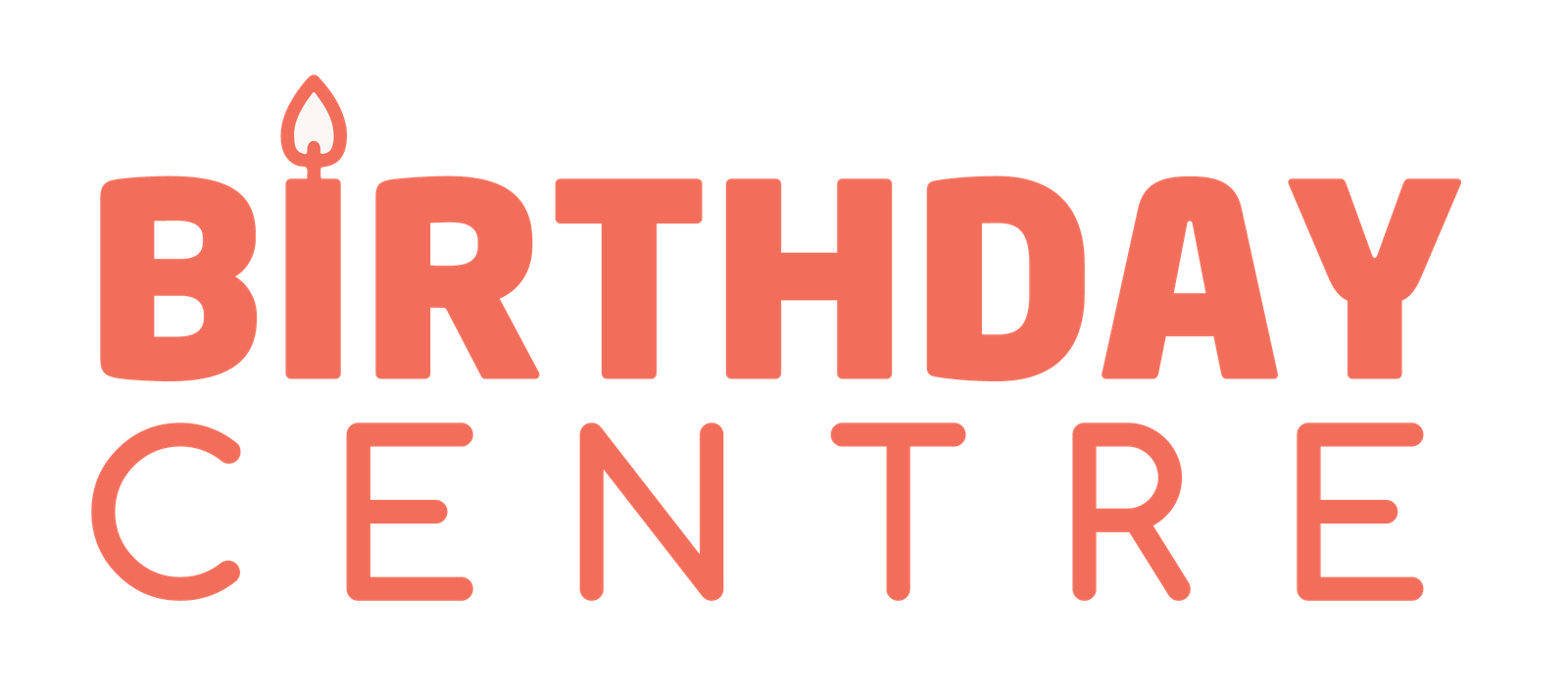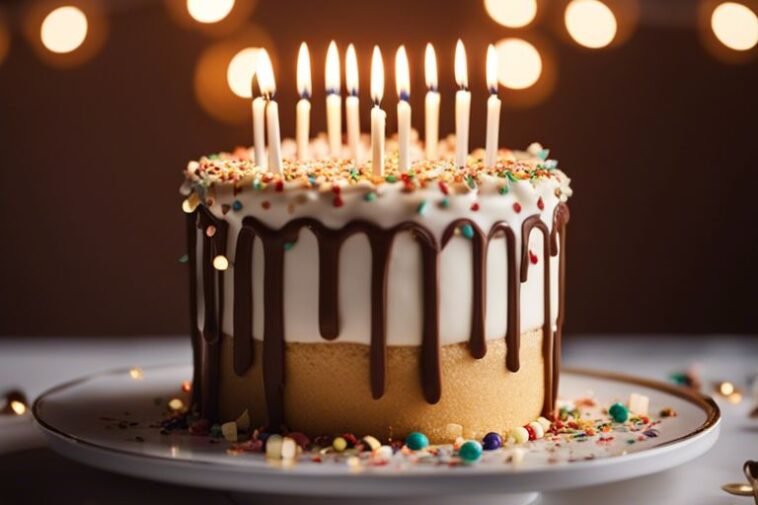Have you ever wondered whether you should capitalize the word “birthday” in a sentence? It can be a confusing grammar rule to navigate, but fear not! In this blog post, we’re going to dive into the rules and conventions surrounding this birthday-related question. Understanding the proper capitalization of “birthday” can be important in ensuring clarity and professionalism in your writing. Let’s explore the key guidelines and considerations to help you confidently use the correct capitalization for this special occasion. By the end of this post, you’ll have a clear understanding of when and how to capitalize “birthday” in your writing.
The Basics of Capitalization
A common question that often comes up when discussing capitalization is whether or not to capitalize certain words, such as “birthday.” Understanding the basics of capitalization can help you navigate these tricky grammar rules and make the right decisions when it comes to writing.

When to use uppercase letters
When it comes to capitalization, it’s important to remember that proper nouns, such as names of people, places, and things, are always capitalized. This includes the first letter of a sentence, as well as the pronoun “I.” Additionally, the titles of books, movies, and other works are usually capitalized. For example, in the sentence “I went to see The Lion King,” both “I” and “The Lion King” should be capitalized. However, when it comes to common nouns, such as “birthday,” the capitalization rules are a bit different.
Common capitalization rules
When it comes to common capitalization rules, it’s important to remember that specific events, such as holidays and historical events, are typically capitalized. However, when it comes to the word “birthday,” things get a bit more complicated. It’s important to remember that “birthday” should not be capitalized when referring to the general celebration of one’s birth. For example, you would write “Happy birthday to you!” rather than “Happy Birthday to you!” However, when using someone’s specific age, such as “Happy 30th Birthday,” “Birthday” should be capitalized as it functions as part of a title.

The Grammar of Birthdays
Obviously, capitalization rules can be a bit tricky, and when it comes to birthdays, it’s no different. Understanding when to capitalize ‘birthday’ can make a difference in how you communicate in writing. Let’s explore the grammar of birthdays to help you become more confident in your writing.
Capitalization in titles and headings
When it comes to using ‘birthday’ in titles and headings, the general rule is to capitalize it. For example, if you were titling an event, “Sarah’s Birthday Party,” you would capitalize ‘birthday.’ This is because it is part of the official title of the event, and as such, it should be treated as a proper noun. However, when using ‘birthday’ in a more general sense, such as “I hope you have a great birthday,” you would not capitalize it, as it is not a part of a specific title or heading.
Birthday within a sentence
When using ‘birthday’ within a sentence, whether or not to capitalize it depends on how it is used. If you are referring to a specific event, such as “Your Birthday is coming up,” then ‘birthday’ should be capitalized. However, if you are talking about birthdays in a more general sense, such as “I love celebrating birthdays,” then ‘birthday’ should not be capitalized.

Exceptions and Special Cases
Keep in mind that there are certain exceptions and special cases when it comes to capitalizing “birthday” in a sentence. For example, when used in an invitation or announcement, the word “birthday” is often capitalized to give it emphasis and importance. You can read more about this topic on English Stack Exchange where users discuss the nuances of capitalization in the phrase “Happy Birthday!”
Birthdays in invitations and announcements
When including “birthday” in invitations or announcements, it’s common to capitalize the word to make it stand out and emphasize the special occasion. For example, you might see “You’re Invited to Sarah’s Birthday Party!” as a way to highlight the importance of the event. This helps convey the excitement and significance of the celebration, making it clear to the recipient that it’s a special occasion worth noting.
Uncommon scenarios to consider
There are also uncommon scenarios to consider when deciding whether to capitalize “birthday” in a sentence. In some cases, thematic or specific cultural considerations may influence capitalization. For example, in certain formal or traditional contexts, such as religious ceremonies or historical commemorations, “birthday” may be capitalized for added reverence and respect. It’s important to be mindful of these uncommon scenarios and adjust your capitalization choice accordingly to show proper respect and consideration.

To wrap up
So, should birthday be capitalized in a sentence? The decision is ultimately up to you, but it’s helpful to know the general guidelines for capitalizing festive greetings. If you want to learn more about capitalization rules for special occasions like birthdays, check out this helpful article on Should Happy Birthday Be Capitalized? | The Editor’s Manual. It will provide you with some clarity on the subject and help you make informed decisions when writing about birthdays and other special events.





GIPHY App Key not set. Please check settings